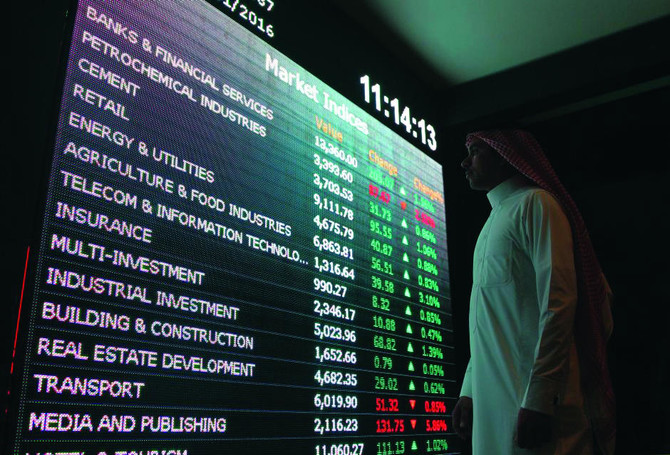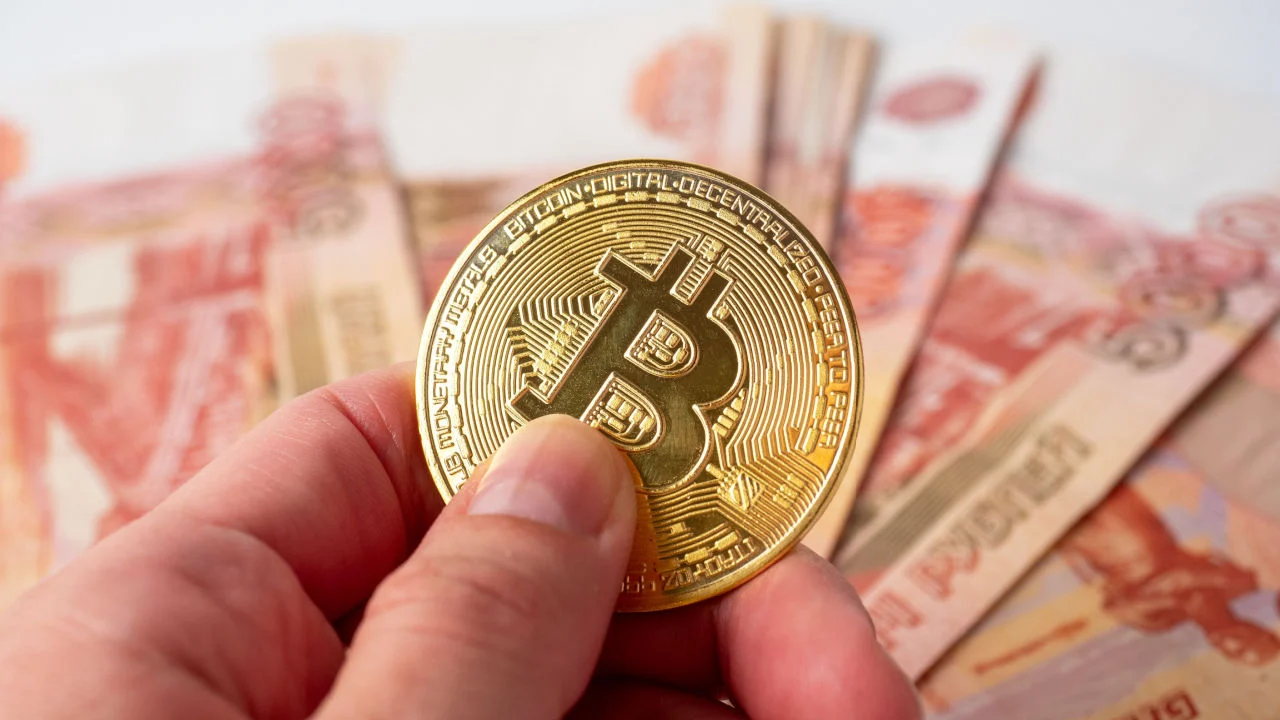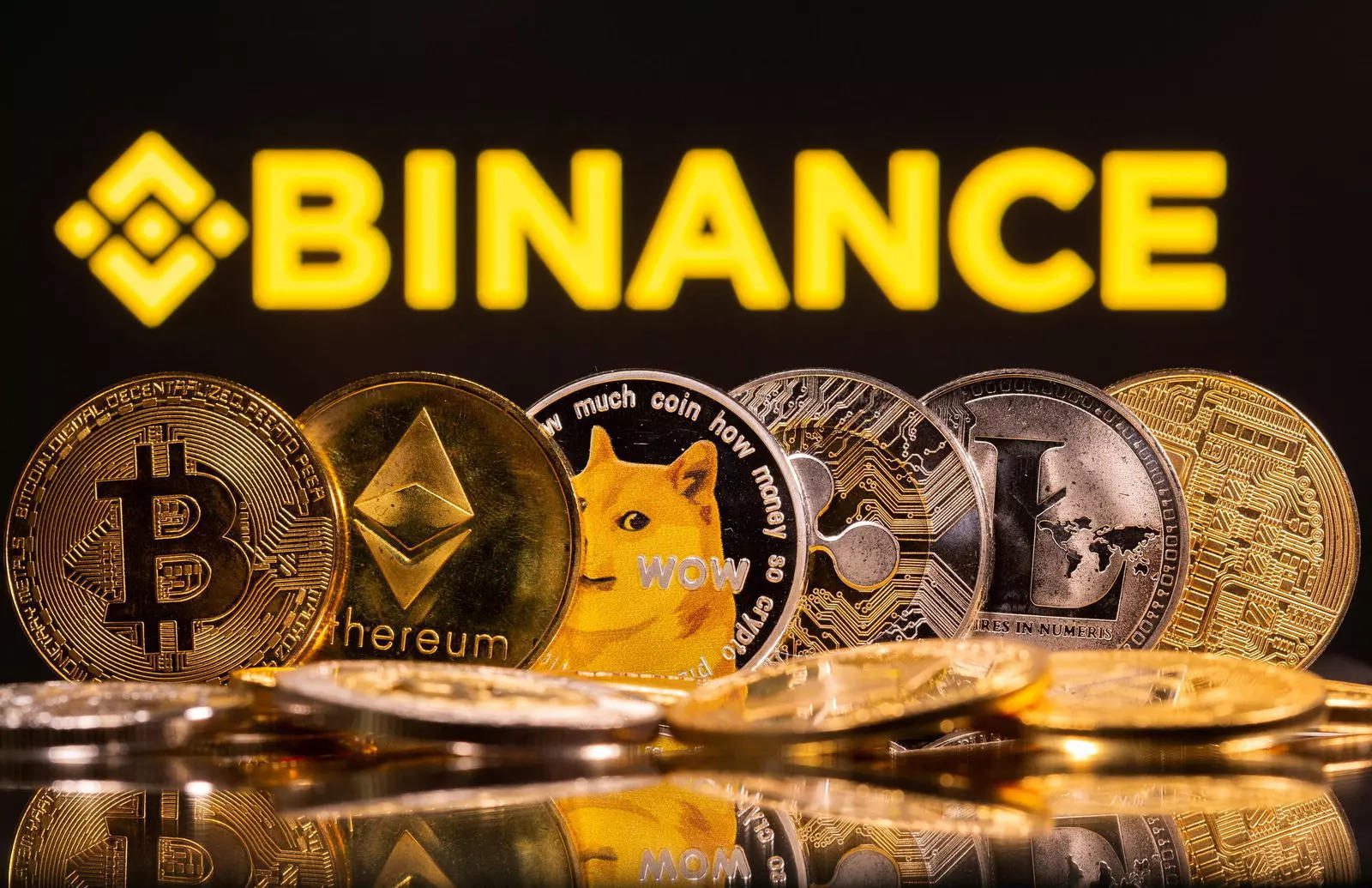Gulf stock markets exhibited a muted response on Sunday, influenced by ongoing geopolitical tensions and uncertainty regarding U.S. Federal Reserve policy decisions. This subdued market activity came in the wake of Iran’s unprecedented direct missile and drone attack on Israel on April 13, which Iran claimed was in retaliation for a suspected Israeli strike on its embassy in Damascus on April 1. Iran’s Supreme Leader Ali Khamenei praised the military action, stating, “the country had demonstrated its power regardless of how many targets were hit,” according to reports from Iran’s official news agency.

In the U.S., remarks from Austan Goolsbee, President of the Chicago Federal Reserve, added to the uncertainty. On Friday, Goolsbee indicated that the progress in controlling inflation had “stalled” this year, signaling a shift away from previous indications of potential interest rate cuts.
In terms of regional market performance, Saudi Arabia’s benchmark index saw a slight increase of 0.1%, buoyed by a 2.6% rise in ACWA Power. Conversely, the Qatari benchmark experienced a decline, dropping 0.4% due to losses in key stocks such as Industries Qatar and Qatar Islamic Bank.
Further complicating the economic outlook in the region, the International Monetary Fund (IMF) recently adjusted its growth forecast for the Middle East and North Africa (MENA) region downwards from 3.4% to 2.7% for 2024, citing factors such as the war in Gaza, attacks on Red Sea shipping, reduced oil output, high debt, and rising borrowing costs.
Outside the Gulf, Egypt’s stock market showed signs of resilience, with the blue-chip index advancing by 1%. This was spearheaded by a 1.4% increase in the Commercial International Bank, following a steep 4% drop in previous sessions. Additionally, the Central Bank of Egypt reported a significant reduction in its net foreign assets deficit in March, reaching its lowest point in over two years, helped by major property development rights sales and currency reforms.
Also Read, Gold Surges, Bitcoin Dips Amid Middle East Tensions; Peter Schiff Declares ‘Bitcoin Fad Is Over’
Bitcoin Transaction Fees Surge Post-Halving, Record High Revenues for Miners
Bookmark and Follow us for More Business News


